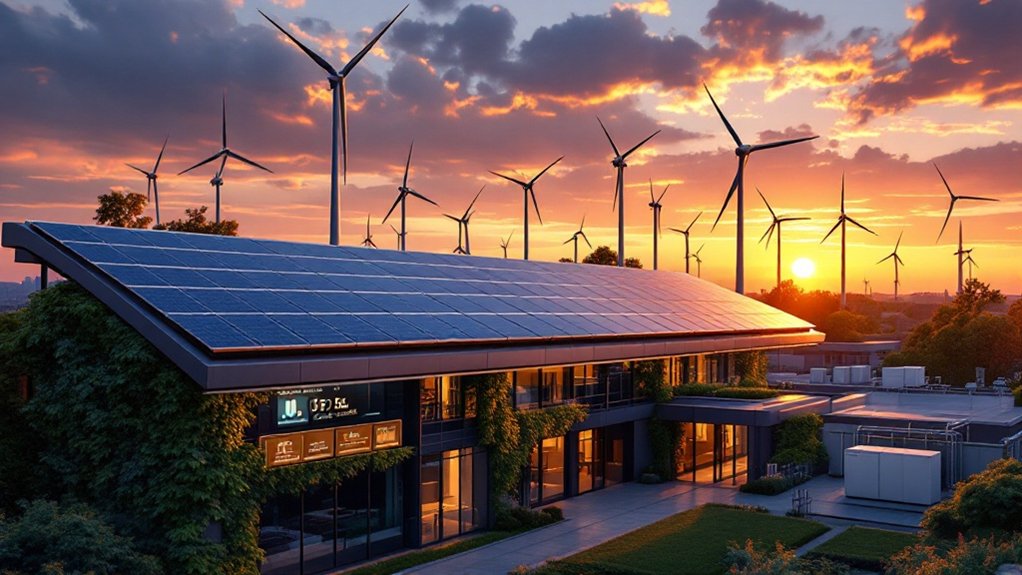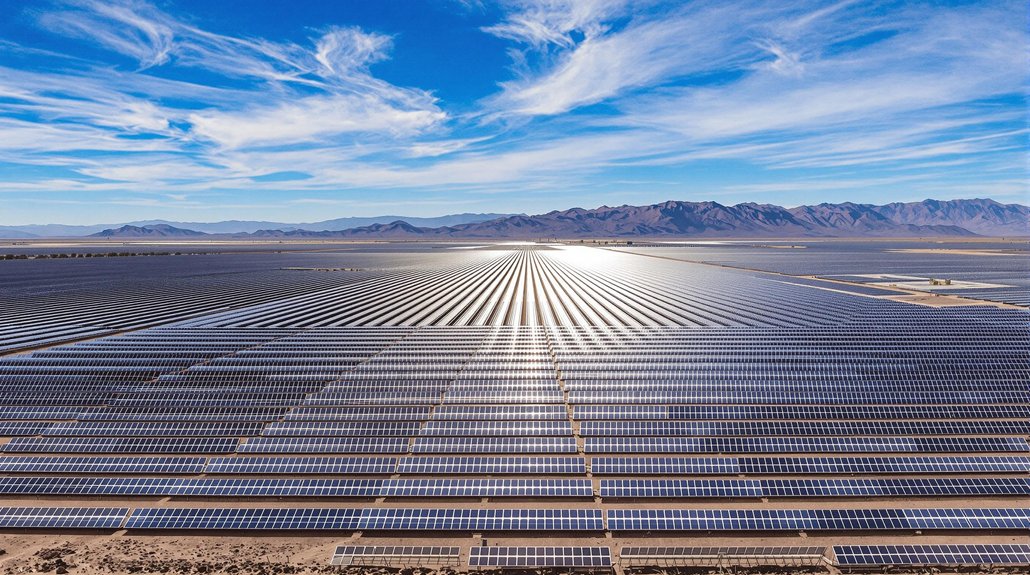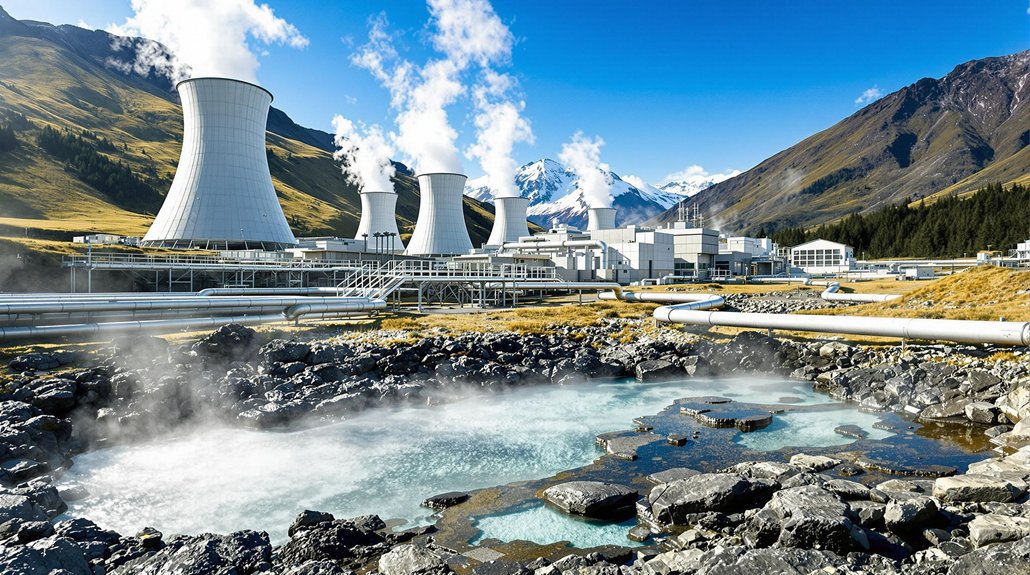A Master’s in Sustainable Energy combines engineering, policy, and environmental studies to tackle global energy challenges. Programs typically run 1-2 years full-time or longer part-time, requiring a bachelor’s degree and decent GPA. Students engage with renewable technologies, smart grids, and green building design while developing skills in energy modeling and analysis. Graduates emerge ready for roles in carbon capture, geothermal development, or clean tech entrepreneurship – because someone’s got to save the planet.

The world needs sustainable energy experts now more than ever, and universities are stepping up to the plate. With graduate programs popping up globally, the Master’s in Sustainable Energy has become higher education’s answer to our planet’s desperate need for clean energy solutions. It’s not your typical engineering degree – this program throws everything into the mix: engineering, policy, economics, and environmental studies. Talk about a brain-bending combination.
Universities worldwide are creating sustainable energy programs that blend engineering, policy, and environmental studies to tackle our planet’s pressing energy challenges.
These programs typically take one to two years full-time, or two to three years if you’re juggling a job. Brown University offers an interdisciplinary curriculum focused on addressing climate change and transitioning to a decarbonized future. The core curriculum hits all the hot topics: energy systems, economics, climate change, and policy. Students dive deep into quantitative analysis and modeling – because apparently saving the planet requires a lot of math. Specialization tracks let students focus on their particular flavor of sustainable energy, from solar and wind technologies to smart grids and green building design.
Getting in isn’t a walk in the park. Programs usually want to see a bachelor’s degree in a related field and a decent GPA – typically 3.0 or higher. Some require GRE scores, though many programs are starting to waive this requirement. Letters of recommendation, a compelling statement of purpose, and a solid resume round out the application package. International students need to prove they can handle English, because explaining complex energy systems in broken English just won’t cut it.
The career possibilities are as varied as the program itself. Recent graduates can explore emerging fields like carbon capture technology and geothermal energy development. Graduates end up as renewable energy project developers, policy analysts, sustainability consultants, and even clean tech entrepreneurs. Some become energy systems engineers or environmental compliance specialists. The skills they develop are seriously impressive: energy modeling, life cycle assessment, cost-benefit analysis, and project management. Plus, they learn to communicate complex technical information without putting people to sleep – a rare talent indeed.
Programs come in all shapes and sizes: traditional on-campus, online, hybrid, and even accelerated one-year options for the particularly ambitious. Some offer dual degrees, because apparently one master’s degree just isn’t enough these days.








